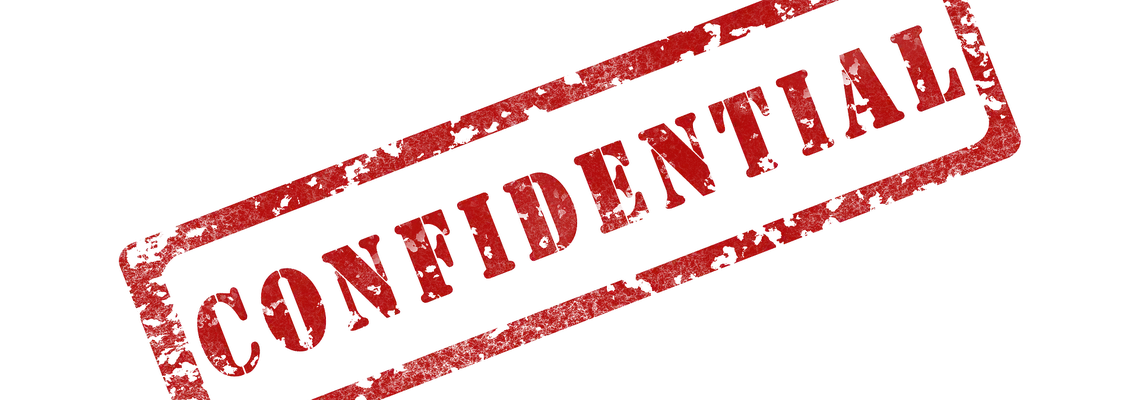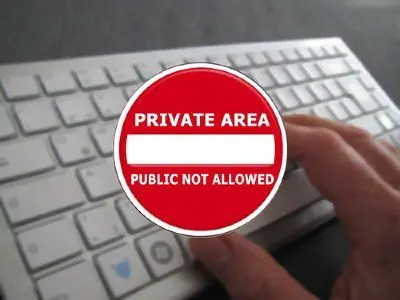Expunctions and Non-Disclosures Can Protect Your Criminal History


Nearly every week someone asks one of the criminal attorneys at Collin County Law Group, “Can I get this expunged?” In the best lawyer answer of all time, it depends. Expunctions and non-disclosures are extremely beneficial to our clients. They are the final step in our representation after we have resolved their criminal charges in Collin county or one of the other counties where we regularly practice. Both expunctions and non-disclosures protect a client’s criminal records during a background check, but both accomplish this task in different ways.
Expunctions Remove a Specific Event from A Criminal History
The law for expunctions in Texas is found in the Texas Code of Criminal Procedure, Chapter 55. An expunction is a way to have a specific event removed from a person’s criminal history. In fact, after a completed expunction the client can deny the event and if they’re ever asked to testify under oath, they are only permitted to state the matter has been expunged. To get an expunction, a person must qualify. The statutes are very specific about who qualifies, but simply put if you have accepted guilt and been jailed, or placed on probation—even deferred adjudication—for an offense, you are very unlikely to receive an expunction. If you were arrested for any criminal offense, felony or misdemeanor, you can qualify for an expunction if:
- After trial you were found not guilty by the court;
- Convicted but later pardoned or found “actually innocent” by a court;
- If the result of the court proceedings is not a final conviction or court-ordered community supervision except for a class C misdemeanor, or
- In other very specific instances.
 If you think you may qualify for an expunction, you should contact the expunction attorneys at Goheen & O’Toole for a free consultation. We will walk you through the process including collecting the pertinent information about the offense, drafting the petition and subsequent order for expunction, and filing them with the appropriate court. After filing the petitions, we advise clients the process will take 30-45 days, depending on the need for a hearing or the lack of a hearing.
If you think you may qualify for an expunction, you should contact the expunction attorneys at Goheen & O’Toole for a free consultation. We will walk you through the process including collecting the pertinent information about the offense, drafting the petition and subsequent order for expunction, and filing them with the appropriate court. After filing the petitions, we advise clients the process will take 30-45 days, depending on the need for a hearing or the lack of a hearing.
Non-Disclosures Make a Criminal History Record Semi-Private
Non-disclosures are similar to expunctions, except they do not remove the event from your criminal history, they simply make the record semi-private. Non-disclosures are a way to limit who can view a criminal event on your history. There are limits to who is eligible for a non-disclosure, and the law has recently changed to include crimes that were historically ineligible for non-disclosures, for example DWIs. The attorneys at Goheen & O’Toole stay familiar with the non-disclosure laws and can assist you with a non-disclosure on any case you may be entitled to get a non-disclosure.
Generally, to be eligible for a non-disclosure you must be placed on deferred adjudication for any misdemeanor offense except an offense involving family violence, or any non-aggravated felony. In certain circumstances a person who is placed on regular probation, even for a DWI, might be eligible for a non-disclosure. After consulting with one of our non-disclosure attorneys we can advise you of your eligibility and any waiting periods. We will also explain the procedure and how long it might take. When seeking a non-disclosure, you should remember this doesn’t remove the event from your criminal history. There are still state agencies and private companies and individuals who can view the criminal record. The attorneys at Goheen & O’Toole can help you know who will still be able to see the record, but a good rule of thumb is:
- Police, judges and prosecutors will always be able to see the record;
- Most state-wide licensing agencies, for example the State Bar of Texas;
- Most hospitals;
- School districts;
- Other law enforcement agencies, including Department of Family and Protective Services (CPS) and the Department of Juvenile Justice
 The benefit of a non-disclosure, although it is not a permanent removal of the record, is it allows you to not to tell anyone you have been part of the criminal episode in the non-disclosure order.
The benefit of a non-disclosure, although it is not a permanent removal of the record, is it allows you to not to tell anyone you have been part of the criminal episode in the non-disclosure order.
At Collin County Law Group. we know the importance of having a clear criminal history. We make every effort to secure results for our clients that allow them to keep a clear criminal history. In making decisions about your criminal charges you should make sure the attorney you’ve hired is capable, and knowledgeable, so you can get an expunction or a non-disclosure. At Collin County Law Group, we make sure we’re there for you every step of the way, all the way to cleaning your record. Contact an attorney today for assistance with your expunction or non-disclosure.

